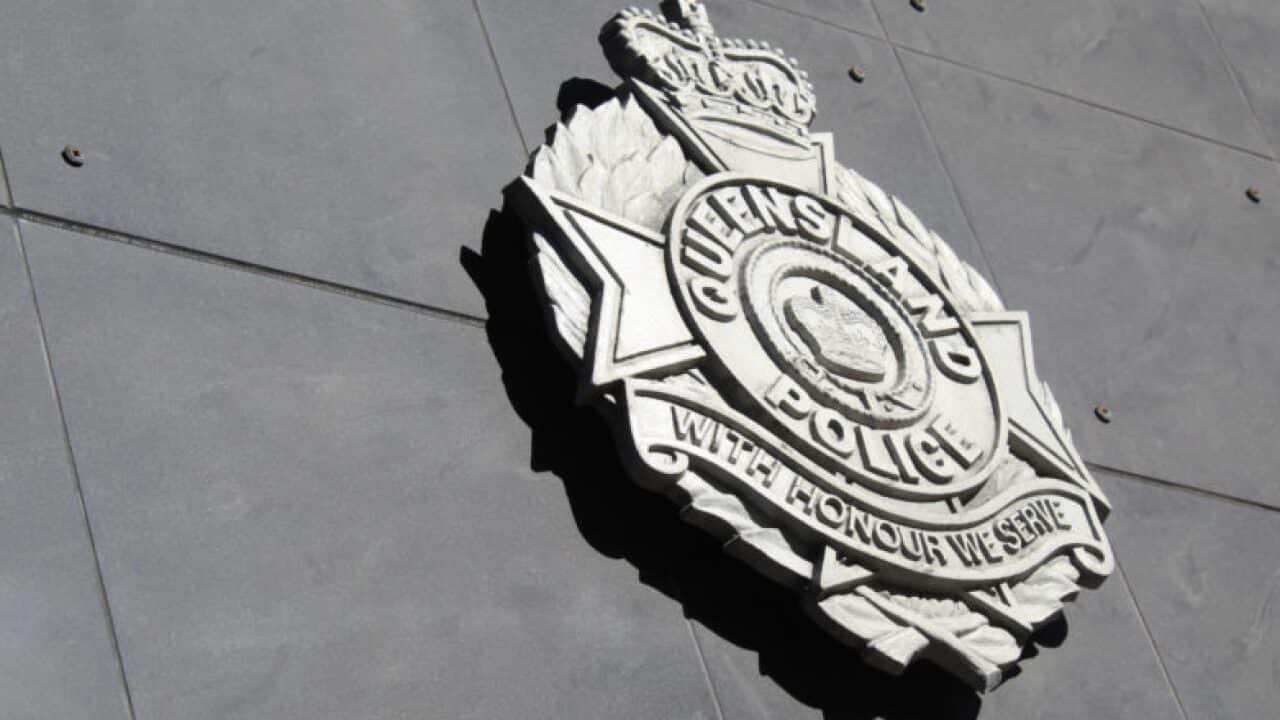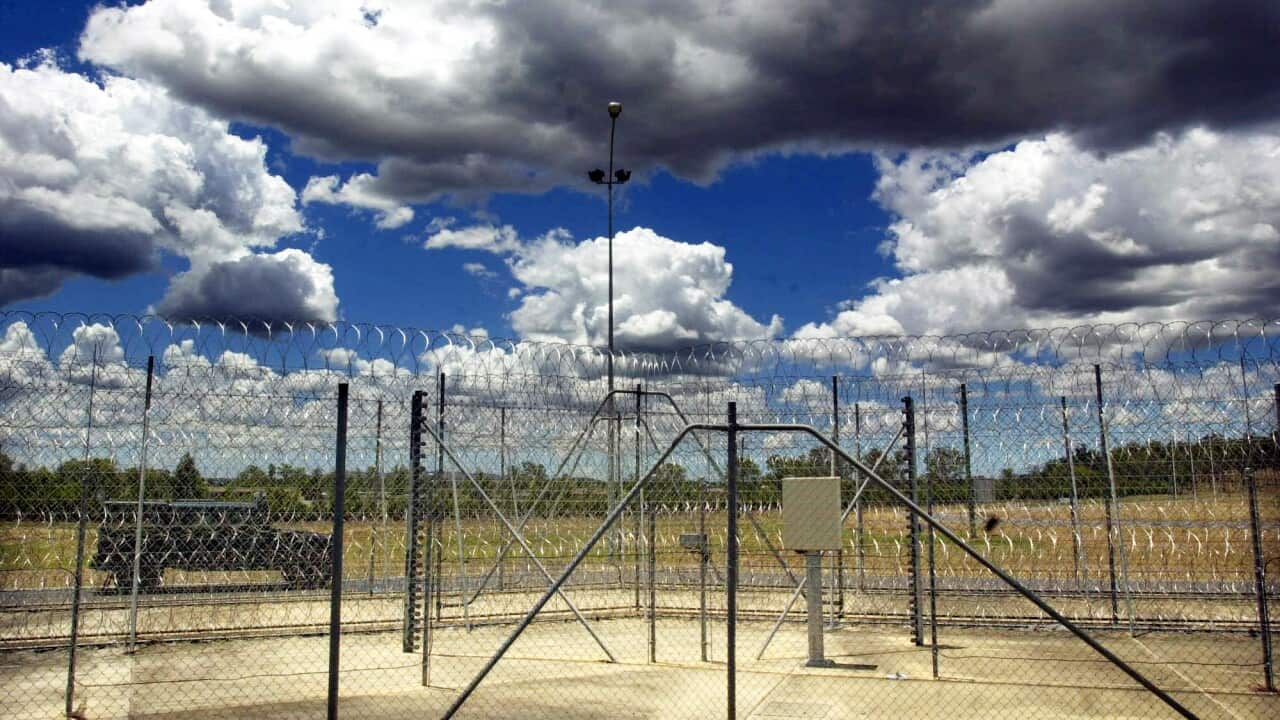Police Commissioner Steve Gollschewski has outlined a review into how Queensland's watchhouses are designed, provisioned and operated with a commitment to ongoing reform.
There have been 42 complaints at watchhouses in Queensland this year with 101 allegations raised, Mr Gollschewski said on Tuesday.
An Indigenous teenager was repeatedly beaten by police with batons in a watchhouse southwest of Brisbane in 2023.
That incident was investigated by the Ethical Standards Command, which found the level of force used was appropriate, but Mr Gollschewski conceded the system is under pressure.
Deputy Commissioner Cameron Harsley will lead the review, which will look at current and future needs for watchhouses including areas for improvement, amid "systemic issues" identified by the Queensland Police Service (QPS).
It will also address police training levels and establish a new governance arrangement for watchhouse operations.
Queensland has 63 watchhouses that process more than 75,000 alleged offenders each year.
The estimated amount of hours spent by people within these facilities is expected to rise by seven per cent in 2024, up to about 3.8 million hours.
"As the Queensland population grows and the police service increases its numbers and our proactive policing, the demand placed on our watchhouses will continue to intensify," the commissioner said.
"I acknowledge there are end-to-end systemic issues in our watchhouses, and the whole system is under significant pressure.
"Once an offender comes into a watchhouse, it is our responsibility to treat them with dignity, respect and effectively manage them while they are in our care."
The service has committed to an independent health and wellbeing assessment of each watchhouse with both the commissioner and deputy commissioner acknowledging some facilities are outdated.
Officers within watchhouses will this week begin wearing body-worn cameras to enhance the security of workers and people who have been detained, Mr Harsley said.












